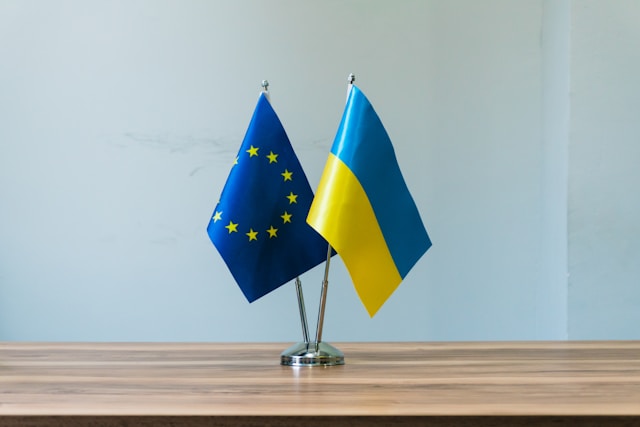Bloc Intensifies Economic Pressure on Moscow
The European Union has adopted its nineteenth sanctions package targeting Russia, tightening restrictions across the energy, banking, and transport sectors. The measures expand the list of blacklisted financial institutions and companies linked to the Russian state, while stepping up enforcement against oil tankers that help circumvent earlier embargoes. EU officials said the latest round is designed to curb Moscow’s wartime income and reinforce the bloc’s long-term strategy of economic containment.
LNG Ban Signals Major Shift in Europe’s Energy Strategy
For the first time, the EU has moved to completely block imports of Russian liquefied natural gas. The new rules prevent future supply contracts and require all existing deals to end by early 2027. The decision accelerates Europe’s break from Russian energy, marking a significant policy shift aimed at boosting energy security and speeding up the transition to renewable alternatives.
Agreement Reached After Slovak Resistance Ends
The sanctions package cleared its final hurdle after Slovakia withdrew its objections, allowing all 27 EU member states to approve the measures. European leaders described the outcome as a renewed show of unity in confronting Russia’s war in Ukraine. Officials emphasized that the package closes critical gaps in earlier sanctions while maintaining the bloc’s commitment to coordinated, sustained economic pressure on Moscow.


